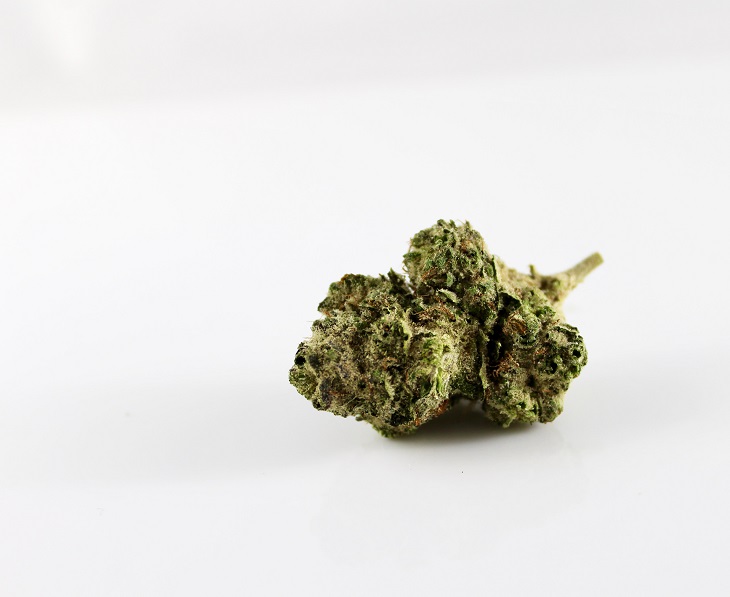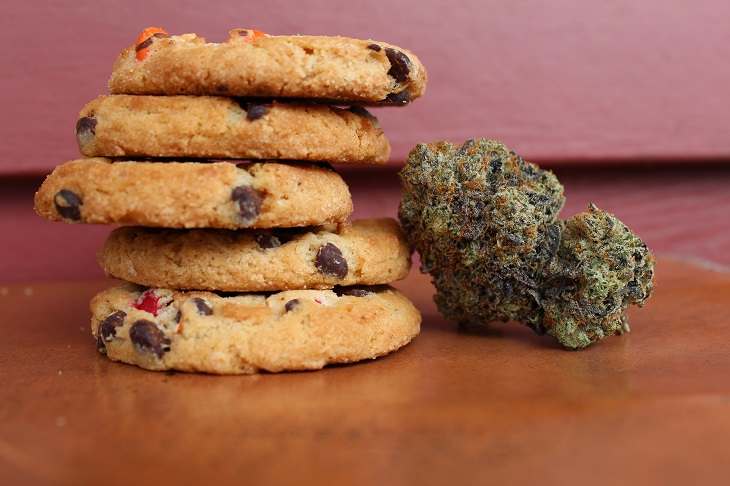There are many health crises currently affecting the United States. But one of the deadliest is the opioid epidemic, which has wreaked havoc across the country. In 2019, more than 130 people died every single day from opioid-related drug overdoses. That amounts to a shocking 47,600 deaths every year.
While the US Department of Health and Human Services (HHS) declared opioid abuse a public health crisis in 2017, great strides have not been taken to appropriately tackle the issue.
However, in an effort to decrease opioid usage (mostly through legal prescriptions from physicians), some medical professionals are recommending their patients use medical marijuana (MMJ) products in place of opioid prescriptions to manage pain symptoms. A recent study indicates that US states with access to MMJ have seen up to a 20% drop in certain opioid use.
What is the MMJ effect on opioid use?
Doctors are increasingly suggesting their patients switch from highly addictive prescription opioids to MMJ products because they are much safer, and they are not addictive. The above-mentioned study specifically focused on orthopedic surgeons (who are the third-highest prescribers of opioids); it noted that, in states where MMJ products are legal and available, up to 20% fewer opioids were prescribed.
The fact that MMJ products are accessible makes a huge difference. In states with more restrictive MMJ laws and access to low-THC products only, there wasn’t much of a decrease in opioid prescriptions. So, when MMJ laws are less restrictive and dispensaries are easily accessible, patients have a much easier time using MMJ products to treat their symptoms versus relying on the riskier option of opioids.

Image by Christina Winter on Unsplash: States with access to MMJ have seen decreases in their opioid usage.
Does MMJ decrease opioid use?
If doctors are willing to suggest MMJ products to their patients in lieu of prescribing opioids, MMJ usage can end up decreasing overall opioid usage in the health care industry. Several studies have shown that MMJ products could affect the opioid epidemic; when switching to a cannabis regimen, many patients are able to reduce or completely stop taking their opioid prescriptions.
This means that the cannabis effect on opioid reliance could start to turn the tide of the epidemic – the more people who aren’t introduced to taking opioids in the first place, the fewer incidences of opioid addictions and overdoses will take place. Additionally, opioid users who become addicted often end up turning to even more dangerous drugs (such as heroin) in order to get their fix. This leads to even more deaths – which could be prevented at the outset if a patient were presented with an MMJ option instead of an opioid prescription.
Could MMJ replace prescribed opioid use?
Although there will always be some physicians who prefer prescribing opioids to their patients, it’s possible that MMJ products could replace these more dangerous medications for a lot of people in the future.
Let’s take a look at three main reasons why MMJ products can be a much better alternative to opioids.
MMJ products are much safer
Opioids are highly addictive and frequently result in fatal overdoses. Marijuana isn’t physically addictive, so patients don’t need to ingest more and more to feel the effects. Additionally, individuals don’t have to taper off when stopping MMJ usage; there’s no danger in stopping cold turkey.
Aside from not being addictive, there’s another main physical benefit of MMJ products – there are no side effects! Aside from feelings of euphoria and relaxation, and sometimes an increased appetite, MMJ products don’t have any of the nasty side effects that opioids do (anything from nausea and dizziness to constipation and loss of appetite). Overall, using MMJ products is a much safer, more natural treatment option for pain management.

Image by Margo Amala on Unsplash: Different forms of MMJ (like edibles) make it easier for patients to treat their symptoms without side effects.
MMJ products are easy to use
There is a lot of versatility when it comes to using MMJ products versus opioids. MMJ products can range in their potency and in how they’re ingested (smoked, vaped, in edibles, tinctures, etc.) so that they can be used in a more personalized way for each individual patient.
Each person can work with their physician or with an expert at their local dispensary to come up with an MMJ regimen that works for their particular symptoms and needs.
MMJ products are cheaper
Even though opioids are sometimes covered by health insurance, a month’s supply of pills (such as Oxycontin or Vicodin) can cost anywhere between $40 and $550! People addicted to opioids can go through a month’s supply much more quickly, leading to an incredibly costly habit.
MMJ products can be much cheaper, especially depending on the form that’s most helpful to the patient. Some states also offer discounts for people who own MMJ cards. For example, in California, MMJ cardholders don’t pay sales tax on any of their MMJ purchases, making MMJ a much more cost-effective option than opioid drugs.
As more studies are conducted in the future, it will likely become even more evident that relying more on a cannabis-based treatment regimen can lead to a decrease in opioid usage (and in overall addictions and deaths in the US). Therefore, states that are more supportive of MMJ usage will see opioid cases continue to decrease. Turning to MMJ products could be the catalyst needed to finally end the fight against the opioid epidemic in this country.
Featured image by Hal Gatewood on Unsplash
